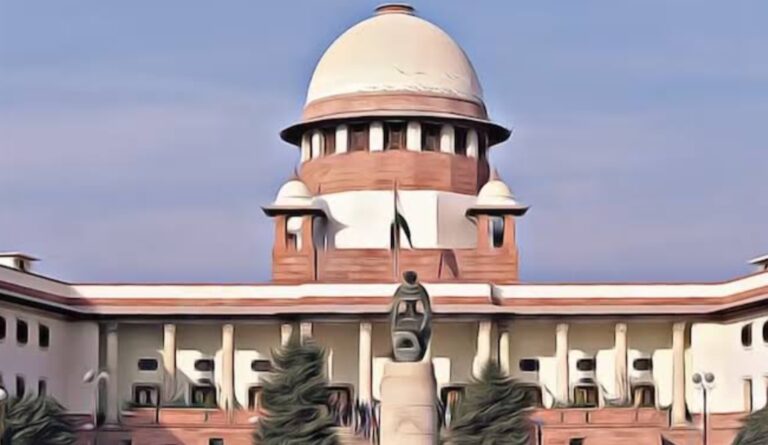In a significant ruling dated October 18, 2025, the Supreme Court of India clarified an important aspect of business taxation for non-resident entities. The Court held that a temporary lull or break in business activity does not amount to cessation of business in India. As long as a company demonstrates its intention to continue operations—for instance, by maintaining its infrastructure, participating in tenders, or bidding for contracts—it will be regarded as carrying on business in the country.
The judgment came in the case of Director of Income Tax (International Taxation) vs. Technip Offshore Contracting BV, where the tax authorities had disallowed the company’s business expenses and carry-forward of losses on the ground that no active business was conducted during the relevant year. The Supreme Court disagreed, observing that business continuity cannot be judged solely by the presence of revenue or transactions, especially in industries where project-based operations naturally involve periods of inactivity.
This landmark ruling reinforces the principle that commercial intent and operational preparedness are key indicators of an ongoing business. It offers relief to non-resident and project-based enterprises that maintain their Indian establishments during lean periods, ensuring that legitimate business expenditures remain deductible and losses can be carried forward under the Income Tax Act.
Case Title:
Director of Income Tax (International Taxation) vs. Technip Offshore Contracting BV
Court:
Supreme Court of India
Date of Judgment:
October 18, 2025
Bench:
Justice B.V. Nagarathna and Justice Sanjay Karol
Facts of the Case:
Technip Offshore Contracting BV, a non-resident company engaged in offshore engineering and project management, had operations in India under contracts with oil and gas companies. For certain assessment years, the company reported no revenue due to the absence of active projects but continued to maintain its Indian establishment, employ minimal staff, and participate in tenders for new contracts.
The Assessing Officer disallowed the company’s claims for administrative expenses and the carry-forward of business losses, reasoning that since no income-generating activity occurred during the relevant year, the business had “ceased to exist” in India. Consequently, the AO treated the expenditure as not incurred for business purposes.
Assessee’s Argument:
The company argued that:
- The lull in activity was temporary, as it was actively pursuing tenders and keeping its infrastructure operational.
- Business continuity does not depend solely on earning income in every year.
- Expenditures such as salaries, rent, and professional fees were essential to maintain the business setup.
- Therefore, such expenses were deductible under Section 37(1) and business losses could be carried forward under Section 72 of the Income Tax Act.
Revenue’s Argument:
The Revenue contended that:
- Since the company had no business receipts, the business was effectively discontinued.
- Expenditures during the inactive period could not be treated as business expenses.
- Allowing deductions during a non-operational phase would open the door to artificial claims by foreign entities.
Supreme Court’s Observations:
The Court emphasized that:
- A “temporary lull” or “intermission” does not amount to cessation of business.
- What matters is the intention to continue and steps taken to preserve or revive the business.
- The concept of business continuity should be understood practically, especially in project-based or cyclical industries like engineering and construction.
- As long as the entity maintains its establishment and participates in tenders or negotiations, it cannot be said that business has ceased.
The Court referred to earlier precedents, including:
- CIT vs. Vikram Cotton Mills Ltd. (1988) 169 ITR 597 (SC)
- L.VE. Vairavan Chettiar vs. CIT (1969) 72 ITR 114 (Madras)
which similarly held that temporary suspension does not mean cessation.
Judgment:
The Supreme Court ruled in favour of the assessee (Technip Offshore Contracting BV), holding that:
- The company continued to carry on business in India despite the temporary lull.
- Expenses incurred for maintaining its setup and pursuing future contracts were allowable business deductions.
- The company was entitled to carry forward and set off business losses under Section 72.
Key Takeaway:
A non-resident or domestic business is not deemed to have ceased operations merely because of a temporary inactivity or lack of revenue. As long as there is a continuing intent and business infrastructure, legitimate expenses can be claimed and losses carried forward.
